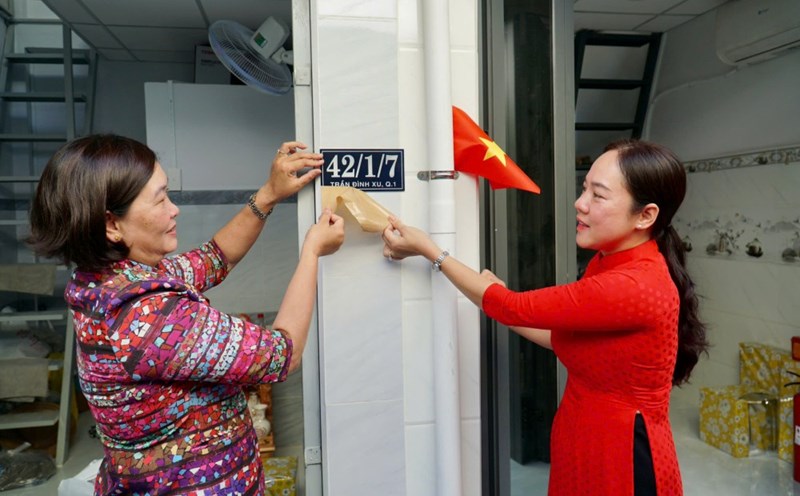China - which makes most of these laptops - has been hit by rising tariffs as it refuses to comply with US demands.
Currently, China's tariff rate is 125%. President Donald Trump has announced a postponement of new tariffs on 75 countries, including Vietnam, but kept the 125% rate on China. This has forced some technology companies to act quickly.
The US inventory storage strategy is something Apple has also used. Previously, according to Indian media, Apple chartered 5 aircraft to urgently transport iPhone shipments from India and China to the US at the end of March, before the decision to impose new tariffs took effect.
For Dell, Microsoft and Lenovo, they can sell their laptops at the current old price by using the additional inventory they have brought to the US. However, sooner or later, the supply will also run out and all three companies will have to increase prices sharply or suffer losses when the new tariffs are applied.
The new tariffs could force some companies to shift their manufacturing to the US, but industry analysts say that is not possible and will not happen, according to Phone Arena. They say that moving operations to the US is not only expensive but also makes the product more expensive.









